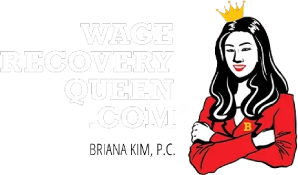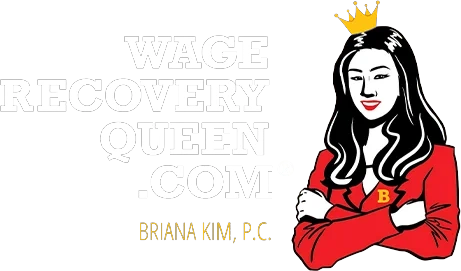California Lunch Break Law – All You Need to Know


California has established comprehensive and reliable labor laws specifically designed to ensure employees are able to exercise their rights as California workers. If those rights are violated in any way, it’s important that you reach out to an experienced employment lawyer who can help you put together a case. One of the most important rights that is often violated is the California lunch break law. It’s important to understand the elements and nuances of this law.
If you are told by an employer to work through your lunch break, you may think nothing of it. You may just get up and go back to work without taking that break. Depending on the situation, your employer may be violating your rights as a California worker. If this has happened to you, you may want to consider reaching out to an employment lawyer who can help you determine if you have a strong case against your employer for violating your workers’ rights.
What Is the California Lunch Break Law?
California labor laws require that a lunch break of at least 30 minutes be granted to every qualifying employee who works at least five hours per day. This lunch break must be provided by the employer and be totally uninterrupted. If that employee’s entire work day has lasted only six hours, it is up to them to decide if they want to waive their lunch break for that day, but their employer has to sign off on it, too.
If the employee in question is working a 10-hour shift, they must be provided with an additional 30-minute break by their employer. This break can also be waived by mutual consent between the employee and employer, but only if the first meal break wasn’t waived. There may be many exceptions to these rules throughout various California companies and industries, such as the farming industry. Your lawyer can let you know if you qualify.
According to information collected by the Equal Employment Opportunity Commission (EEOC), there were nearly 2,600 legal cases in California that involved workplace retaliation, which can happen if you confront your employer about not allowing you to have a lunch break. That’s why many people are reluctant to speak out, and it’s an understandable fear. If you are struggling with a legal battle, a local support group like NAMI Orange County can help.
Additional Workers’ Rights
Choosing whether or not to take a lunch break at work may seem like it’s not a big deal. You may decide to forego lunch one day and just get something on the way home. However, the concept of a lunch break means much more under California state law. It’s a legal obligation for your employer to provide for you, or else they risk violating the state’s labor laws, which can have severe penalties for that employer.
If your employer is openly refusing your meal break, they may be committing other workplace violations at the same time. You should start documenting any questionable interactions with your employer and reach out to an employment lawyer to see if your case is strong enough to pursue. Here are some additional workers’ rights you have during your meal breaks under California state law:
- The time belongs to you. Always keep in mind that your lunch break is intended to be an uninterrupted piece of your own time in the middle of your work day. As long as what you’re doing during that time doesn’t violate company policy, do whatever you want. Call your friends, watch something fun on your phone, take in a good book, or just have a quiet lunch. It’s up to you.
- You don’t have to work during your break. Your employer can try to guilt or intimidate you all they want, but you are not legally required to do any work on your time. If you choose to work through your break, that’s a decision you can make for yourself, but not one that your employer can make for you.
FAQs
Can I Work Six Hours Without a Lunch Break in California?
Yes, you can work six hours without a lunch break in California. However, you can only do so if your entire shift is only six hours long. If you are working a shift longer than six hours, your employer needs to provide you with a lunch break of at least 30 minutes. You can decide to take that break or not, but it must be provided to you.
Should I Get a Lawyer for a Lunch Break Violation?
Yes, you should consider hiring an employment lawyer for a lunch break violation. If your employer refuses to grant you a lunch break during a shift of at least five hours, your employer is violating California labor laws. That means they are taking advantage of you and disrespecting your time. Consulting with a lawyer may open your eyes to additional violations. From there, you may want to take legal action to protect your own interests.
How Many Breaks Do You Get for an Hour Shift in California?
Generally, for an eight-hour shift in California, you are entitled to two 10-minute paid breaks and one 30-minute unpaid meal break, which must be provided before the end of your fifth hour of work. Not every employee may qualify for these breaks, such as certain executive employees. Some employers may provide a full hour for lunch. It depends on the workplace.
Are California Breaks 10 or 15 Minutes?
Generally, rest breaks for non-exempt employees are 10 minutes long for every four hours worked. These breaks are paid and must be uninterrupted by employers. If your boss tries to get you to work through your breaks, they may be in violation of the state’s labor laws. Consult with an employment lawyer to see if you have a case.
Reach Out to an Employment Lawyer Today
Understanding your right to a meal break can be greatly beneficial to your work environment. If your employer tries to get you to work during your break, you may have a case. The legal team at Briana Kim, PC, can help you put together a strong case. Contact us to speak to someone about what we can do for you.



